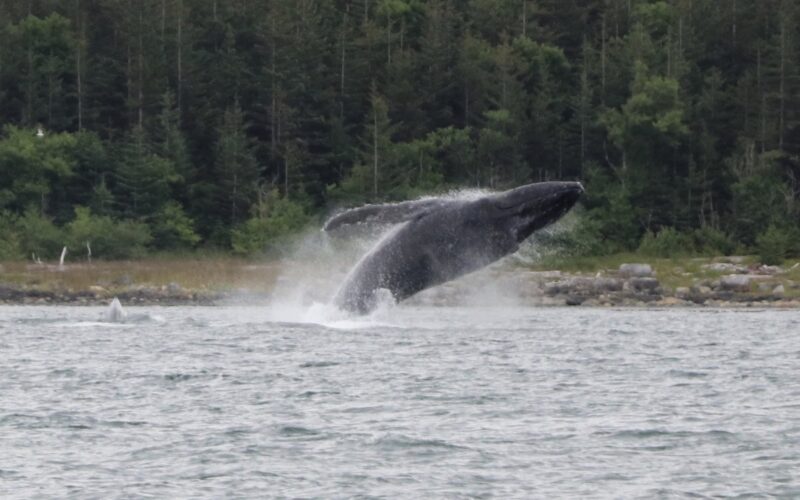MSC Mediterranean Shipping Company has taken a significant step to aid in protecting blue whales and other cetaceans living and feeding in the waters off the coast of Sri Lanka by modifying navigation guidance. This is per the advice of scientists and other key actors in the maritime sector.
Blue whales can be found all year off the southern coast of Sri Lanka in the Indian Ocean, posing a high danger of collision because the main international shipping lanes pass directly through the area where the majority of the whales cluster.
According to MSC, the action was taken in response to research conducted by the International Fund for Animal Welfare (IFAW), as well as other organisations and universities. Vessels transiting Sri Lanka’s coastal waters will now travel around 15 nautical miles south of their prior route.
Moving the shipping lanes just 15 nautical miles, according to research funded by the Great Whale Conservancy, OceanCare, and the International Fund for Animal Welfare (IFAW), might prevent hundreds of collisions between whales and large cargo ships and oil tankers, which are frequently fatal.
“The best chance of changing the tide for blue whales in Sri Lanka is to alter the route. The results “also demonstrate the need for immediate action by the Sri Lankan government to prohibit all commercial vessels from entering the blue whale habitat,” stated OceanCare International’s relations director, Nicholas Entrup.
The largest container shipping company in the world has voluntarily changed its sailing patterns to avoid collisions with whales, dolphins, and porpoises in the northern Indian Ocean near Sri Lanka. Shipping lines have been urged by the container company to avoid hitting the critically endangered whale by taking a route further south than the statutory Traffic Separation Scheme (TSS) shipping lane.
Maersk, another large shipping company, is thinking along similar lines. Nearly 200 ships pass through this area of the coast every day, making it one of the busiest international shipping channels in the world.
When asked about the company’s policies regarding the protection of whales, a Maersk representative said, “We follow all mandatory speed reduction schemes at sea and avoid restricted zones to reduce risk of whale strikes and disturbing whales breeding, and we have also adopted voluntary restriction zones for whale protection, most recently adding two zones in the Mediterranean Sea.”
Although MSC’s voluntary rerouting does not affect any other shipping companies, activists hope that the company’s decision would lead to adjustments in the official shipping channel that would affect all vessels. Adjusting the shipping lane would decrease the danger of a ship striking a whale by 95%, according to IFWA research on the local blue whale population.
Blue whales are the world’s largest living mammals. They can attain lengths of 80 to 100 feet and a lifespan of 70 to 80 years. The blue whale is listed as endangered by the International Union for Conservation of Nature, which notes that the species was critically endangered in the 1960s and hence warranted special legal protection.













